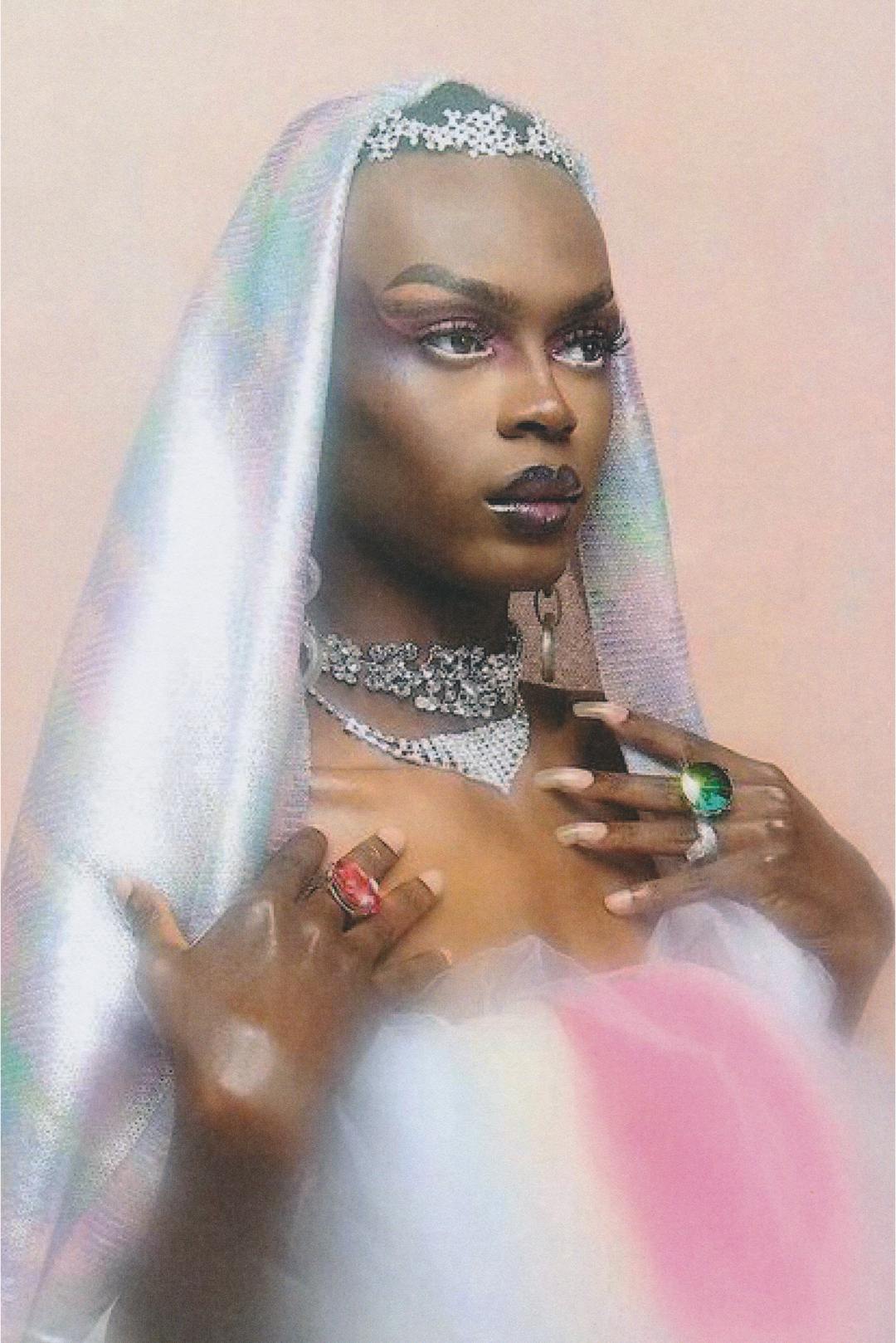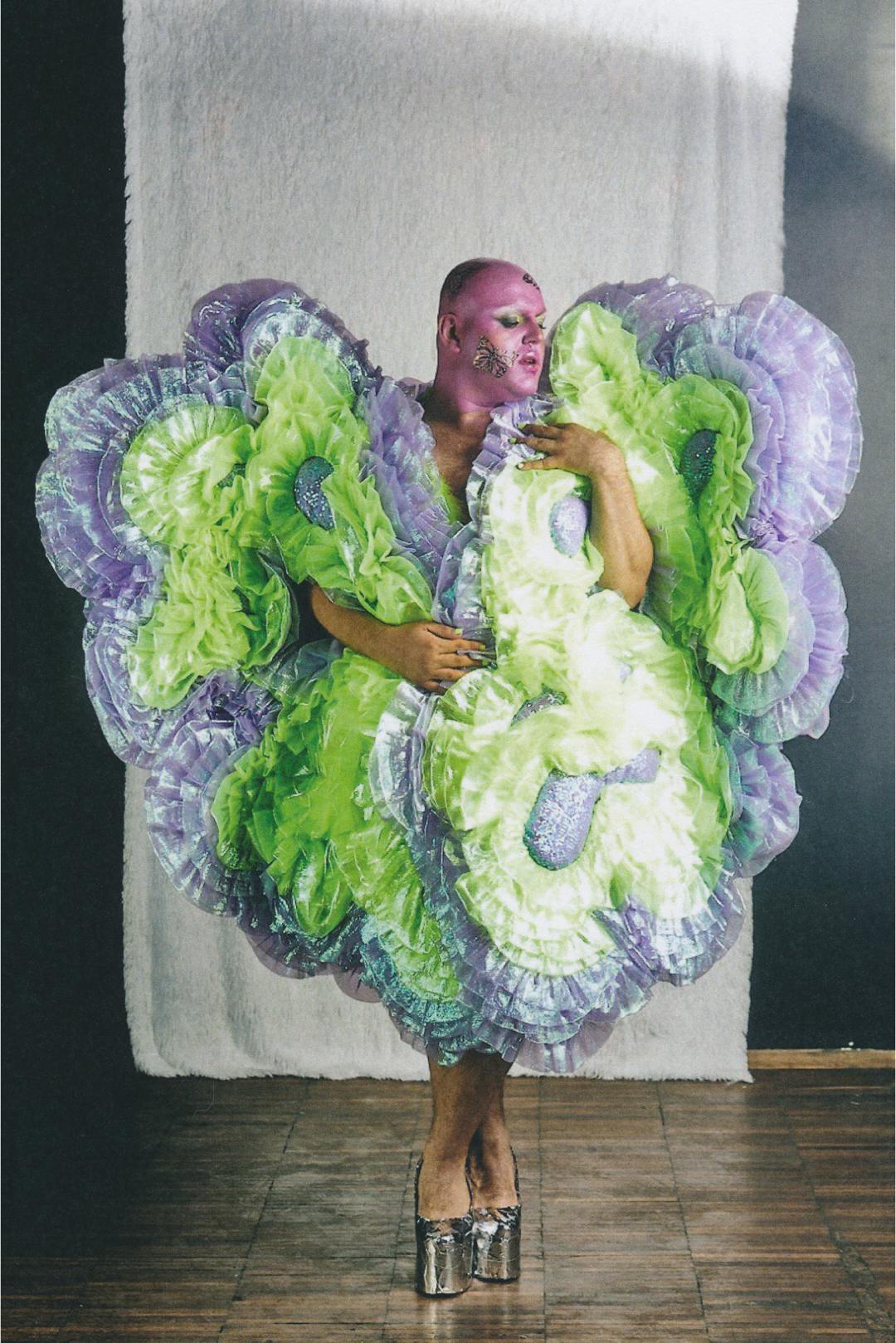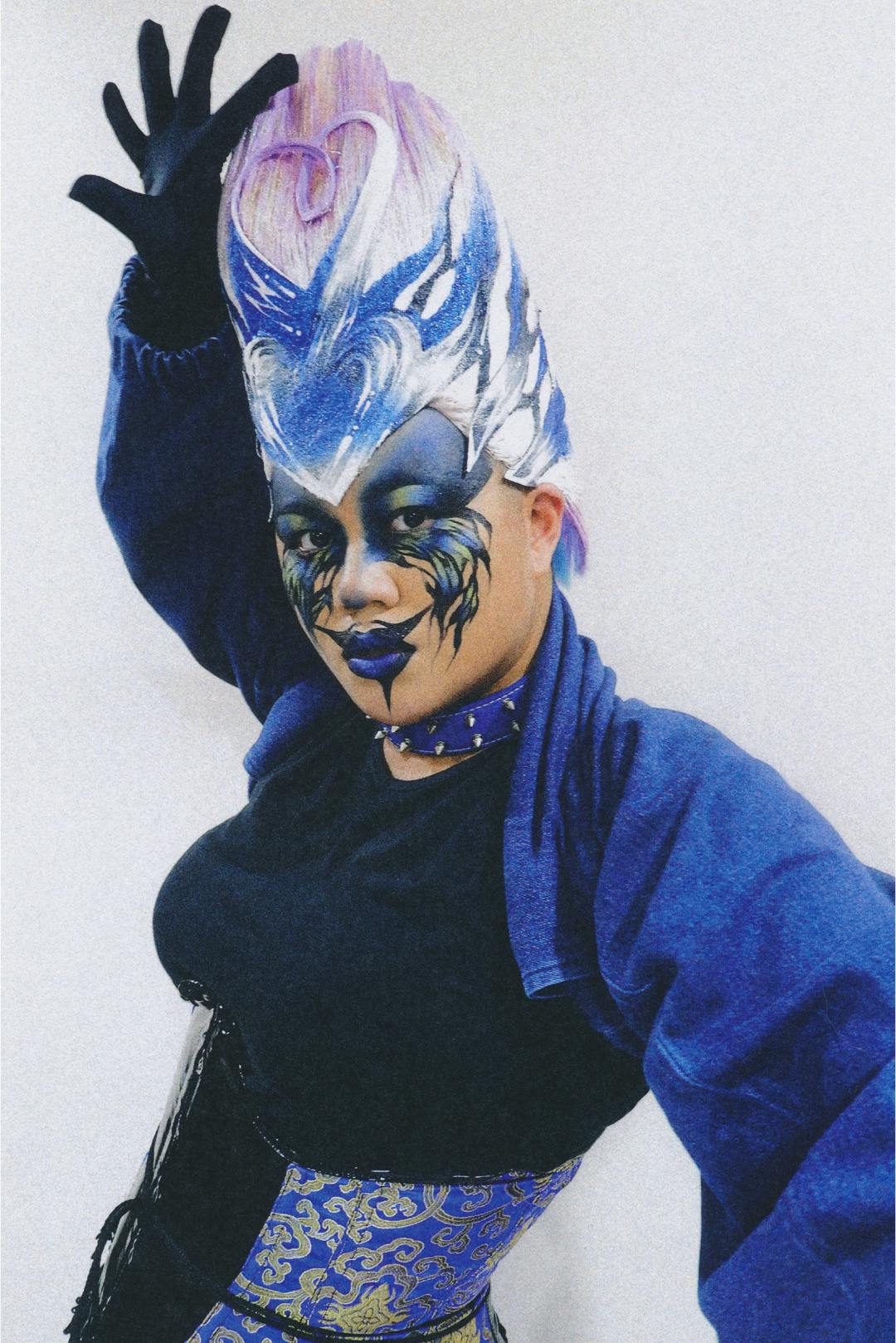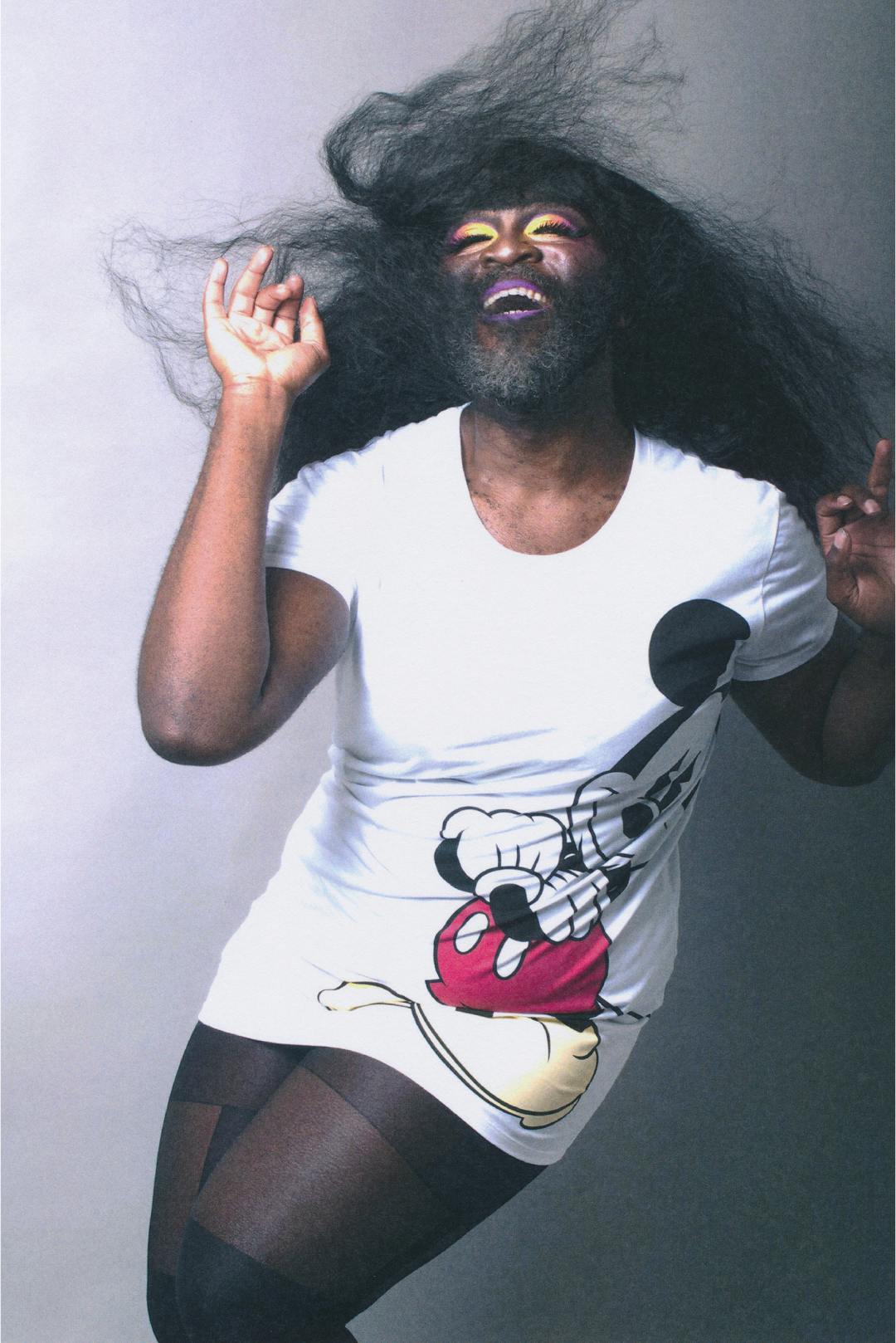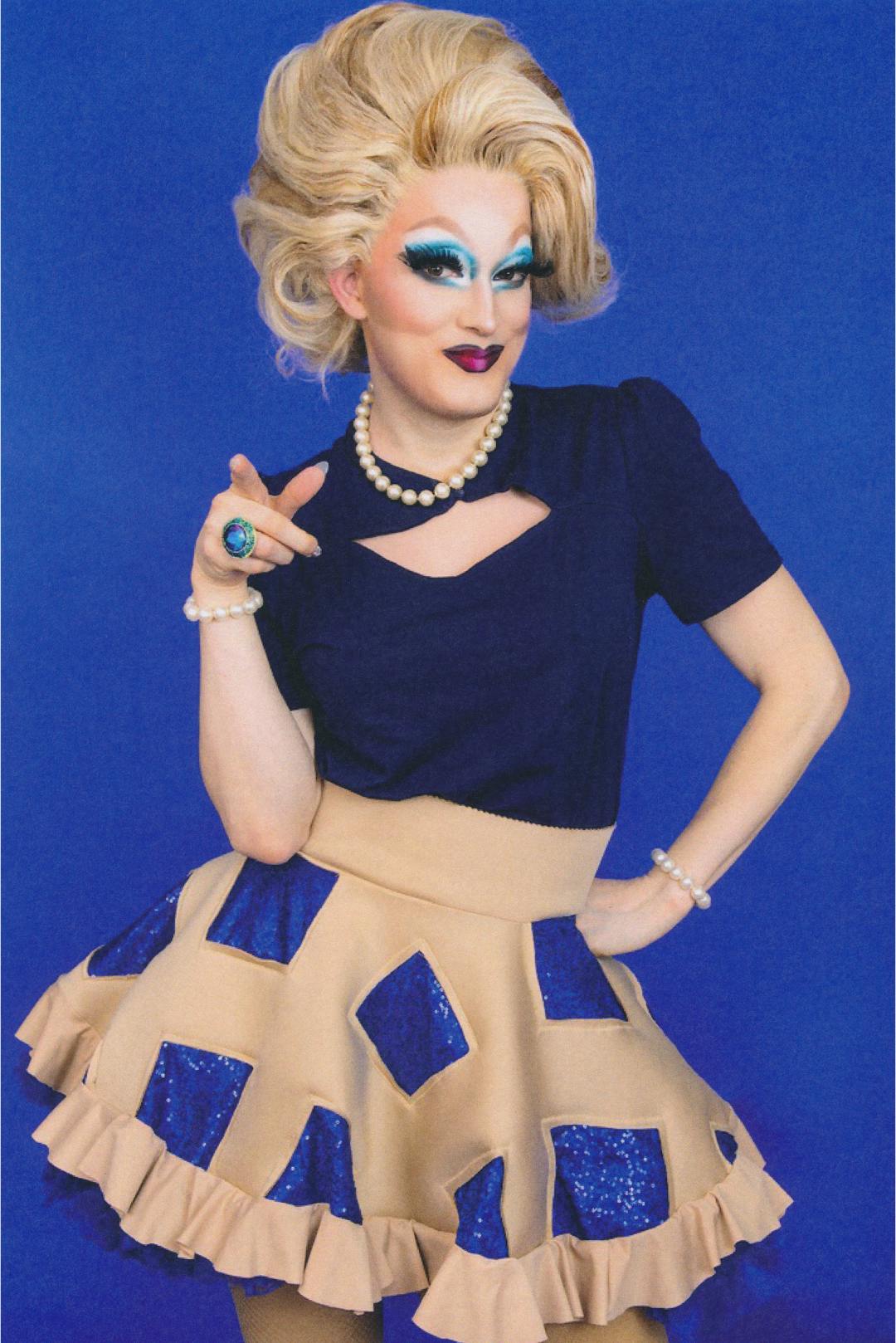Drag has always been an integral thread in the fabric of queer culture. Queens, kings and gender non-conforming artists have stood firmly at the forefront of protest, reshaping the entertainment landscape and, ever since the first brick was thrown at Stonewall, fighting for visibility and acceptance of the LGBTQIA+ community around the world. But recently, drag artists have been threatened in an unprecedented way; and it’s not just their craft that’s under attack – their voices are being silenced and their mere existence put into question, too.
So, to mark Pride month this year, we’ve invited a global group of drag artists to share the Pride memories that matter most to them.

